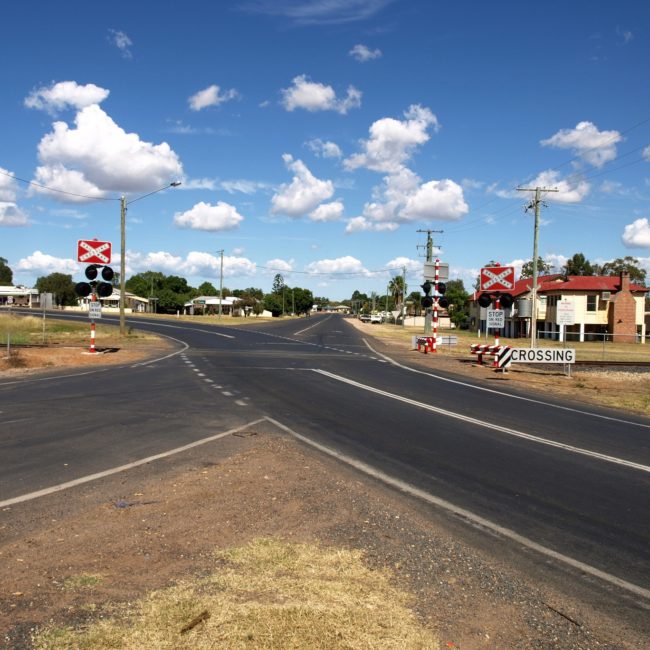Applications of a novel neurosurgical service accessibility index to improve emergency care of people sustaining a road trauma-related traumatic brain injury in Queensland
Grant ID: EMTC-004R01-2021
Project Summary
Queensland’s dispersed population poses significant challenges to emergency trauma system design, requiring both road and aeromedical retrieval services, trauma outreach services and specialist transfer protocols for time critical injuries to maximise survival.
Road trauma is one of the main mechanisms causing traumatic brain injury (TBI). Pinpointing geographic regions with significant disadvantage for timely access to neurosurgical services is needed for targeting education, treatment and outreach services to Queensland regions most in need.
The Injury Treatment and Rehabilitation Accessibility Queensland Index (iTRAQI) is a tool being developed by this team, and piloted for TBI. iTRAQI maps aeromedical/road transport access routes and uses travel time to acute neurosurgical and rehabilitation services to rank accessibility among Queensland localities under realistic scenarios.
This project will map actual pathways to definitive neurosurgical care for moderate-to-severe road trauma-related TBI and compare them to modelled iTRAQI pathways using linked prehospital, emergency, hospitalisation and compensation data.
SHARE




